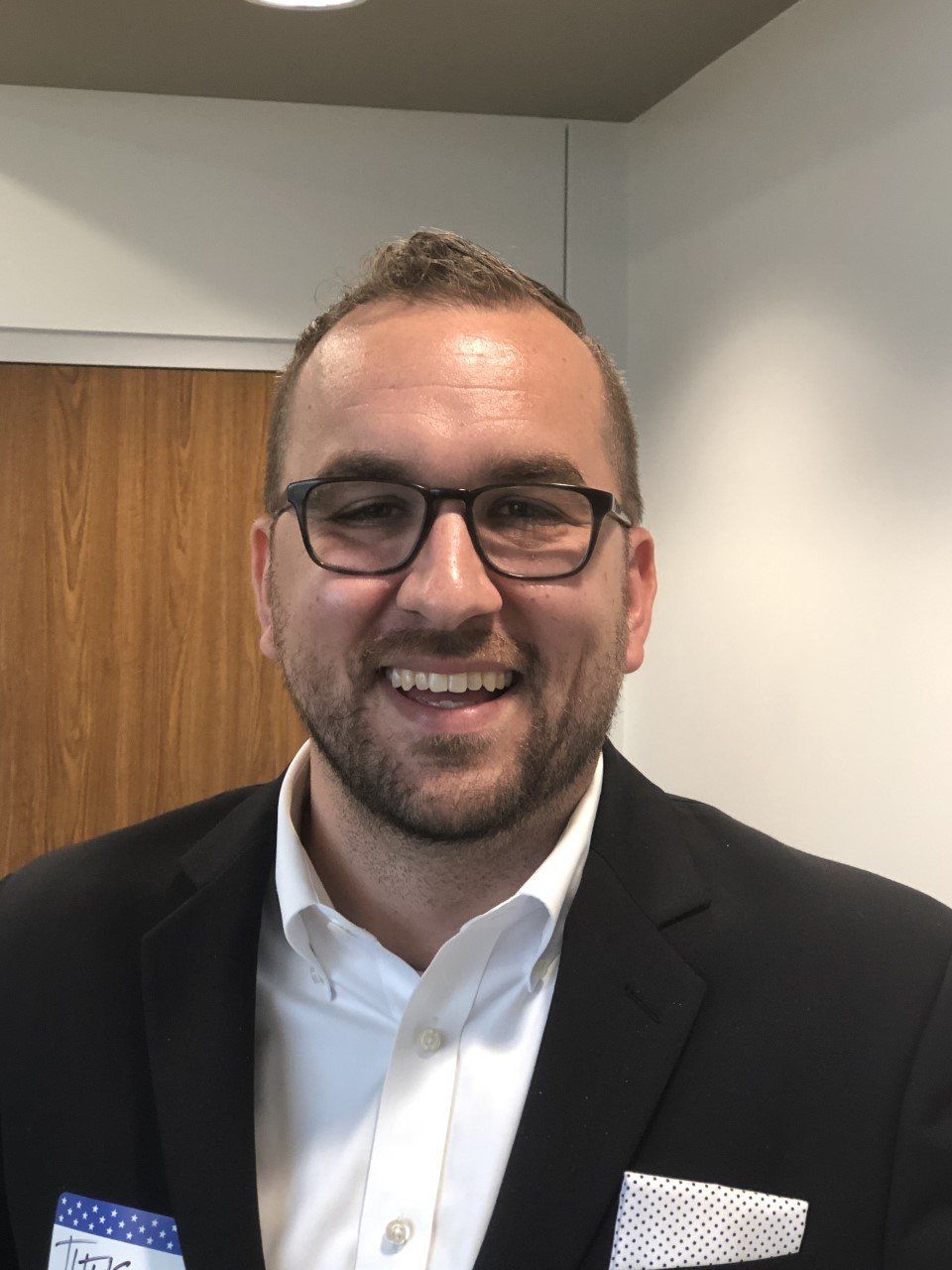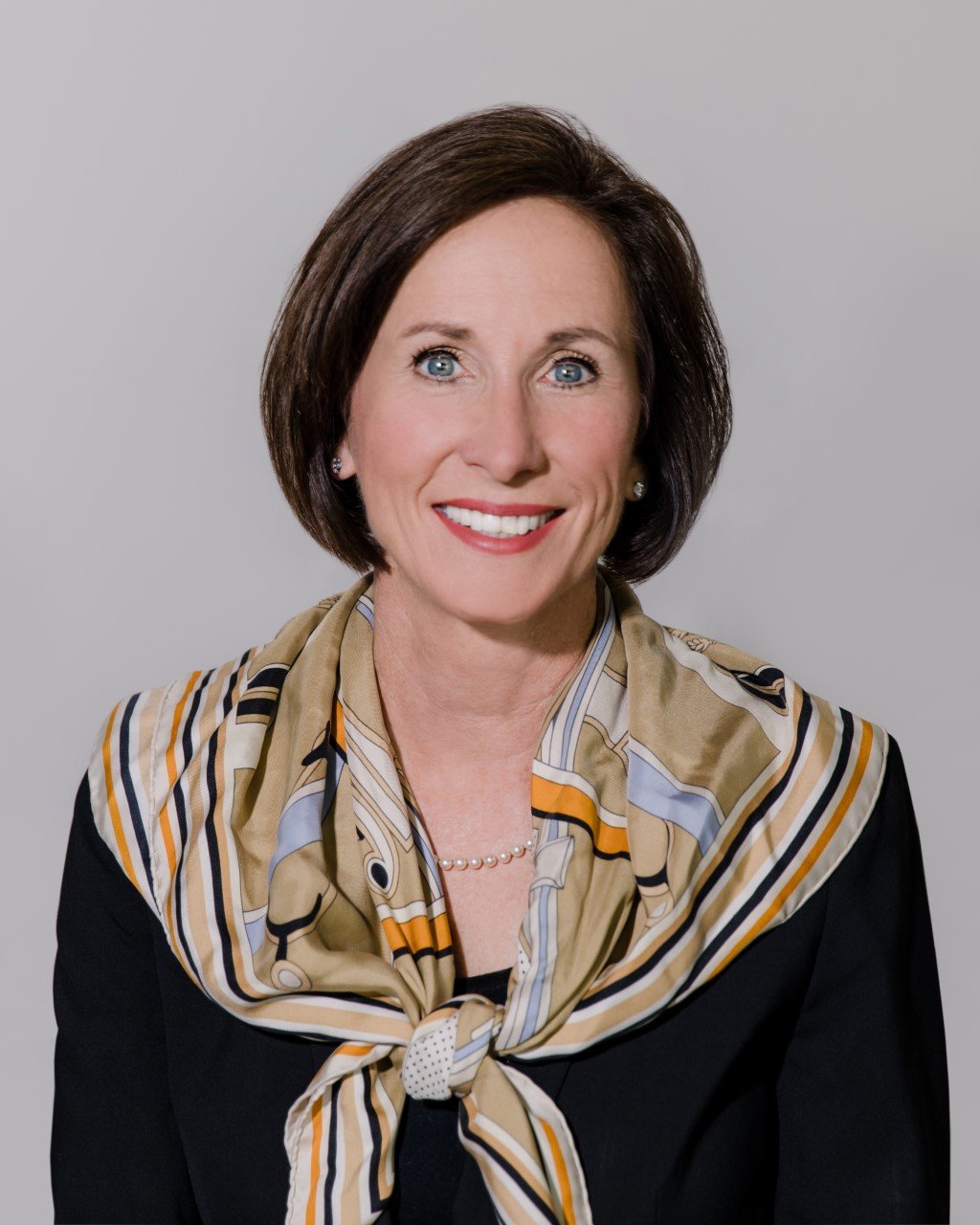Previewing the Texas Senate races in the Katy area
Three Texas state senators represent parts of the Greater Katy area. One of them, Paul Bettencourt, R-Houston, is unopposed in his re-election bid. The other two senators, Joan Huffman and Lois Kolkhorst, face challengers.
This item is available in full to subscribers.
Attention subscribers
To continue reading, you will need to either log in to your subscriber account, below, or purchase a new subscription.
Please log in to continue |
Previewing the Texas Senate races in the Katy area
Three Texas state senators represent parts of the Greater Katy area. One of them, Paul Bettencourt, R-Houston, is unopposed in his re-election bid. The other two senators, Joan Huffman and Lois Kolkhorst, face challengers.
District 17
In terms of the Greater Katy area, the district includes parts of Harris, Fort Bend and Waller counties and includes the City of Katy. It also includes central Waller County, along with Fulshear and Weston Lakes in Fort Bend County.
Incumbent Sen. Joan Huffman, a Republican, faces a challenge from Titus Benton, a Democrat.
1. Briefly describe your professional background, and how it will help you if elected.
BENTON: I was a youth minister and pastor. Today I am COO at a nonprofit in Houston that does antitrafficking work, United Against Human Trafficking.
HUFFMAN: I am a former prosecutor and criminal district court judge and since 2008, I have been honored to serve as the state senator for District 17. I am currently the chair of the Senate Committee on Finance, chair of the Senate Committee on Jurisprudence, vice-chair of the Senate Committee on Criminal Justice, and serve as a senior member of the Senate Committee on Administration and the Legislative Budget Board. My experience as a public servant has helped me earn leadership roles in the Senate, which allow me to be a powerful and effective voice for all of my constituents.
2. How do you think Texas can best manage its growth, particularly in terms of infrastructure? What measures would you advocate towards that end?
BENTON: The growth is well-documented. District 17 has deep flooding concerns, and we’re probably 20 years behind. We should have started addressing these issues half a generation ago. We should be proactive and not reactive. I know Harvey and the 2020 winter storm were astronomically expensive disasters. If we would invest a fraction of what was lost prevention, things would be different. We don’t have a resources problem. We have a prioritization problem. Making investments will keep us from having to pay these huge cleanup costs. It’s a matter of priorities.
HUFFMAN: Texas is one of the fastest growing states in the country because we keep taxes low and regulations reasonable to allow businesses to grow and create jobs. As chair of the Senate Finance Committee, I am working on a budget that ensures we are maximizing our dollars and building infrastructure whether it be highway construction, flood control issues, or a myriad of other issues in every corner of the state to handle our strong population and job growth. This also includes ensuring that we have reliable and fast broadband internet throughout the state including rural areas, which is still an issue for many people in Texas.
3. How do you think Texas can prevent future mass shootings at schools? What measures would you advocate towards that end?
BENTON: On guns, there’s so much reform that’s been agreed upon, and I do not think that protecting the Second Amendment and ensuring safer communities are mutually exclusive. On issues like universal background checks, or raising the aged by certain weapons, there is a large plurality of people agreeing on those things. The gun lobby with its power has systematically made guns easier to purchase, own and carry. Mass shootings are on the rise. Some have said this is not a gun issue, but a mental health issue. Then, why is the legislature underfunding mental health? I agree we need to address mental health issues, but it makes no sense to do it in isolation.
HUFFMAN: There is no greater priority than keeping our school children safe and secure. No parent should have to fear for the safety of their child while attending school. Providing additional state funds to increase school security and mental health resources is critically important. The 87th Legislature appropriated a total of $8.9 billion over the current biennium for mental health initiatives and over $350 million specifically to address school safety needs. Since the tragic shooting at Uvalde, the Legislative Budget Board, which I am a member of as chair of the Senate Finance Committee, allocated over $100 million through an emergency budget execution order to provide school districts with funding to quickly enhance school safety measures and bolster mental health resources for school-aged children. I plan to continue prioritizing school safety and mental health resources during the next legislative session as the Senate's chief budget writer.
This interim, legislative committee meetings have taken a deep look at issues surrounding school shootings, including hardening of schools, police presence on campuses, mental health, and gun laws. During these interim hearings, the Legislature heard from many law enforcement and security experts, parents, school districts, and other interested parties. I vow to work with all these stakeholders to make our schools as safe as possible.
4. Other than infrastructure and education, what would your top three priorities be, and why?
BENTON: Education. Teachers are leaving and education is underfunded. Teachers make an average of $7,000 less than their peers nationwide. It’s kind of crazy when you’ve got a $30 billion surplus but that’s where it is. Health care is huge. We need to expand Medicaid in Texas. We are the most uninsured state in the country. You have to be prohibitively poor to qualify. We cannot overlook economics. We need to look at jobs. How do you keep quality people? You do that by giving people what they deserve.
HUFFMAN: I have been a leading voice in the Texas Senate for public safety since I was elected in 2008. I authored and passed SB 6 last session which has helped to stymie the practice of releasing violent repeat criminals on low or personal bonds, but more needs to be done. I have spent decades of my life fighting for victims and their families, first as a prosecutor and now as a senator, and I will always champion policies that seek to make our streets and our state safer.
Another priority of mine is funding mental health programs and supporting doctors and nurses that are working to help keep Texans healthy. Due to the pandemic, a growing population, and shortage of medical professionals, our healthcare system is being challenged like never before. I believe it is imperative that in this upcoming session that we find ways to overcome these challenges and improve healthcare access and affordability for all Texans, especially women and children.
Additionally, as the Senate’s lead budget writer, I am committed to cutting property taxes. I will fight for lasting property tax relief and a fair and transparent appraisal process because we cannot allow Texans to be taxed out of our homes and businesses.
District 18
In terms of the Greater Katy area, the district includes Brookshire, Pattison and the southern portion of Waller County.
Incumbent Sen. Lois Kolkhorst, a Republican, faces a challenge from Josh Tuff, a Democrat. Tuff did not return a candidate questionnaire.
1. Briefly describe your professional background, and how it will help you if elected.
KOLKHORST: I am a six-generation Texan born and raised in the district, currently serving as your state senator. My proven record of results includes: fighting to secure our border, defending our private property rights, lowering healthcare costs, battling to lower property taxes and working with law enforcement to fight crime and stop the release of dangerous criminals. My background before public service was as the president and CEO of the Washington County Chamber of Commerce and those skills still apply today as we strive to create jobs and grow business in Texas.
2. How do you think Texas can best manage its growth, particularly in terms of infrastructure? What measures would you advocate towards that end?
KOLKHORST: We can best manage our growth by prioritizing real solutions to real problems, including additional highway capacity and more spending on traditional roads and bridges.
3. How do you think Texas can prevent future mass shootings at schools? What measures would you advocate towards that end?
KOLKHORST: I served this year on a select committee in the Texas Senate that has been focused on school safety. I am working on legislation to secure our schools with additional law enforcement, and utilizing former military personnel.
4. Other than infrastructure and education, what would your top three priorities be, and why?
KOLKHORST: We must fight crime. I was also elected Legislator of the Year by the Sheriff's Association of Texas for my efforts to curtail the release of dangerous criminals by liberal and leftist judges. Also, we must create jobs and increase career and technology training for Texans to secure 21st Century jobs. Lastly, I am committed to securing our border, having secured billions in Texas funds and passing new trespassing laws to do the job our federal government is not currently doing.
Keywords
Texas Senate











